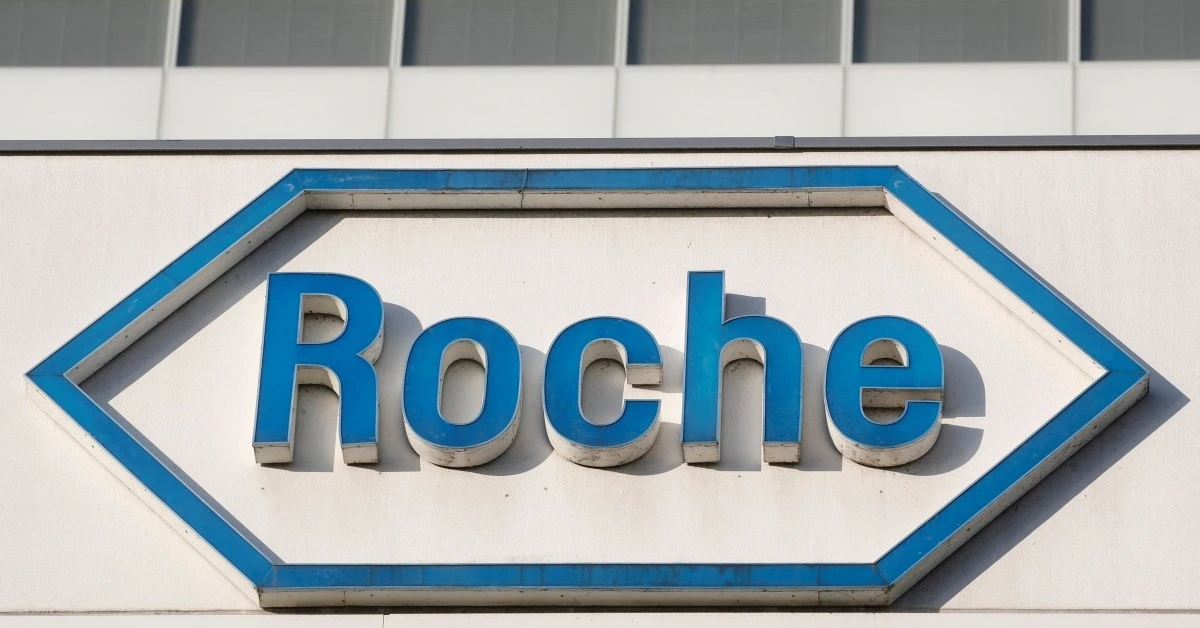
SWITZERLAND – Roche’s VENTANA Kappa and Lambda Dual ISH mRNA Probe Cocktail has received 510(k) clearance from the U.S. Food and Drug Administration (FDA).
This approval marks a significant advancement in diagnosing B-cell lymphomas and plasma cell neoplasms.
This first-of-its-kind assay provides a highly sensitive in-situ hybridization (ISH) diagnostic tool to differentiate between malignant B-cell conditions and reactive processes caused by infections.
By offering greater precision, the assay simplifies the diagnostic process and ensures patients can access treatment faster.
This FDA clearance follows the assay’s earlier CE Mark approval in Europe in June 2024, expanding its availability to healthcare systems in the United States.
B-cell lymphoma, which accounts for around 85% of non-Hodgkin lymphoma (NHL) cases, is a major cause of morbidity and mortality.
NHL represents 4% of all cancer cases in the U.S. and claims over 80,000 lives annually. Early symptoms such as swollen lymph nodes, fever, fatigue, loss of appetite, or a rash can mimic infections, making accurate differentiation between malignant and benign conditions essential.
Jill German, head of Pathology Lab at Roche Diagnostics, emphasized the importance of timely and accurate diagnostics, stating, “Accurately differentiating lymphoma from an infection is critical in ensuring accurate and timely diagnosis, especially as the symptoms can appear similar.
With this new test, clinicians can have confidence in their diagnosis, while the test reduces the need for multiple samples and time-consuming follow-up tests, giving patients certainty sooner and enabling faster access to the right treatment.”
The VENTANA Kappa and Lambda Dual ISH mRNA Probe Cocktail enables the simultaneous evaluation of over 60 B-cell lymphoma subtypes and plasma cell neoplasms using a single tissue slide.
It is designed to work with small biopsies and formalin-fixed tissue, minimizing the reliance on fresh tissue samples, which are often unavailable when lymphoma is not initially suspected.
This capability helps preserve patient tissue, reduces the need for repeat biopsies, and streamlines the diagnostic process, allowing pathologists to deliver results more quickly.
As part of Roche’s hematopathology portfolio, which includes over 65 biomarkers, this assay represents a substantial leap forward in hematologic cancer diagnostics.
It integrates the assessment of kappa and lambda immunoglobulin light chains on a single slide, aiding in differentiating between reactive processes, B-cell lymphoma, and plasma cell neoplasms.
XRP HEALTHCARE L.L.C | License Number: 2312867.01 | Dubai | © Copyright 2025 | All Rights Reserved